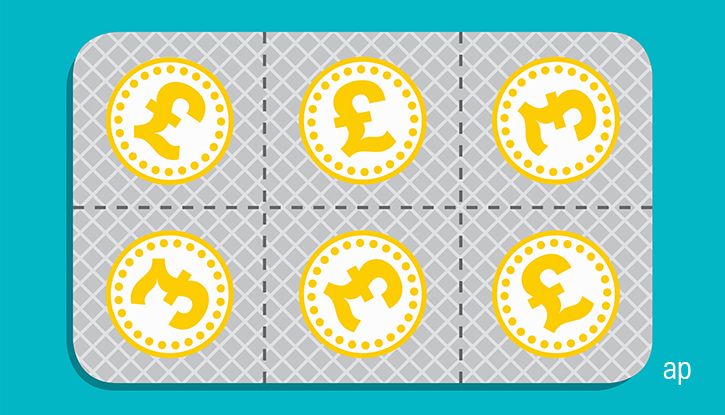At Morningstar, we firmly believe that the best investors are at least as attuned to the risks they're taking as they are the money they're making. For that reason, we've long preached the importance of having an appropriate stock/bond mix given your time horizon, the value of having durable holdings at the core of your portfolio, and the folly of dabbling in overly narrow, risky investments. We've often gotten guff from our readers for our caution, particularly when the market is going up. But we believe that Warren Buffett had it right when he said that the first rule of investing is to not lose money, and that rule number two is not to forget the first rule.
At times like these, it's also important to anticipate and troubleshoot other financial risks that might arise. Here's an overview of some of the key risk-management questions to consider amid the ongoing drumbeat of bad economic news. This is by no means an inclusive list, by the way; I welcome reader feedback on other risks that you've identified and steps you have taken to protect yourself.
Do You Have an Emergency Fund?
One of the fastest ways to start down the path toward financial ruin is not having a cushion to protect yourself against unanticipated events, such as losing your job, or unanticipated expenses like home and auto repairs or medical bills. For that reason, conventional financial-planning wisdom is to put three to six months' worth of living expenses in a highly liquid account such as a savings account, CD (certificate of deposit), or money market fund. Given the current economic climate, however, I'd recommend building up a more generous savings cushion--six months' to a year's worth of living expenses, if you can swing it. This is particularly important if you are a higher-income earner, because it usually takes longer to find higher-paying jobs than it does those that pay less, or if you have any reason to believe that your job is in peril.
Are You Protected Against Identity Theft?
Consumers have, thankfully, become much more attuned to the issue of identity theft. However, given the trying economic climate, I think it's safe to assume that identity theft could pick up in the months ahead. You can't be too careful about security when conducting transactions online, and you should get in the habit of shredding documents that include identifying information. (I'm admittedly paranoid, but I shred anything that comes into my house with my name on it.)
Do You Have Adequate Insurance?
When making insurance decisions, one of the best pieces of advice is to not insure yourself against risks you can afford to cover. For example, if you have ample savings, you're not going to be sunk if your computer goes kaput and you need to buy a new one. (Sorry, extended-warranty sellers at PC World.) On the flipside, you'll definitely want to insure against bigger, more costly risks. For that reason, you'll obviously want to have coverage for your home and autos, as well as maybe medical coverage. Also look into the following.
Life Insurance: If you're still working and have dependents, your largest asset is your own ability to produce income in the future. Thus, it's essential that you have adequate life-insurance coverage. And if your spouse stays at home and cares for the kids, you may also want to investigate life insurance for her/him. Life-insurance agents may disagree with me, but term insurance is often the most effective (and certainly the most cost-effective) solution for many individuals. If an insurance agent recommends a more permanent type of policy, make sure you thoroughly understand the reasons why he or she finds this type of coverage preferable to a term policy.
Umbrella Policy: If you're a worrywart like I am, you'll find that personal liability insurance (an "umbrella" policy) is one of the most cost-effective ways to purchase peace of mind. These policies usually sit on top of your homeowners and auto policies, and cover you in case you're sued for an accident that occurs on your property. If you have contractors, housecleaners, or babysitters, an umbrella policy is a must.
Long-Term Care Insurance: Not everyone needs long-term care insurance but it's worth investigating because the costs of nursing home or in-home care can quickly gobble up your nest egg. I favour the policies that include inflation protection, though you'll pay more for that type of coverage.
























